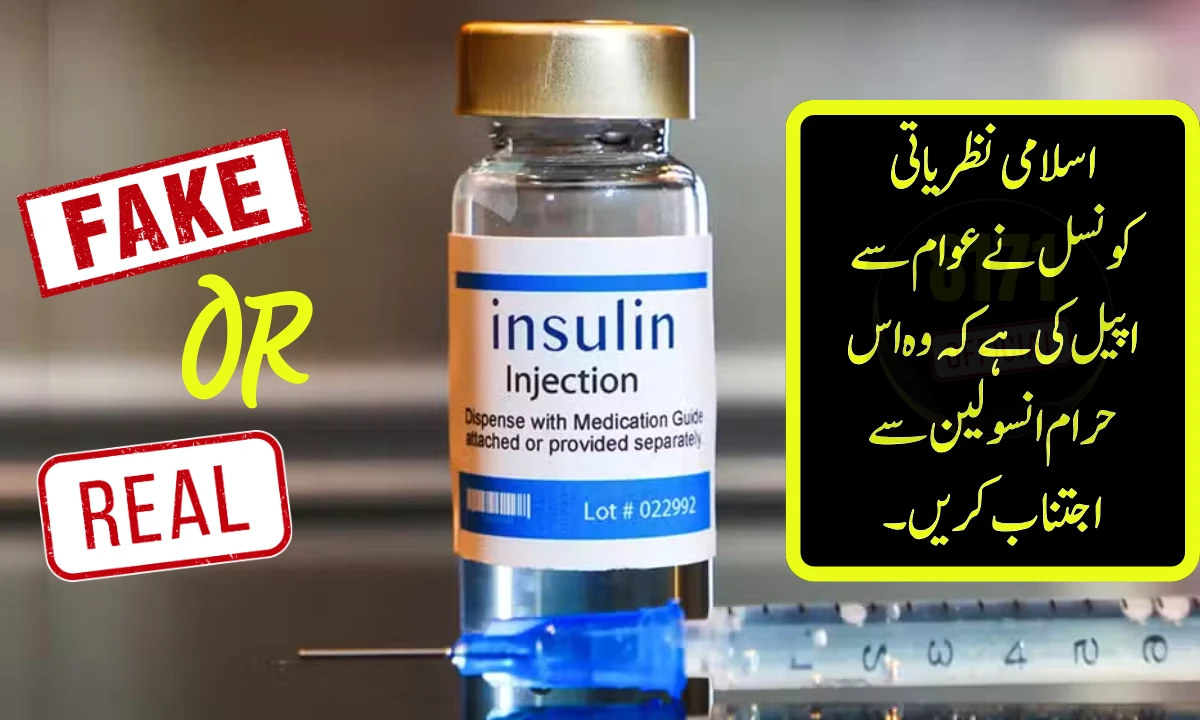The Council of Islamic Ideology (CII) has urged citizens to avoid using insulin made from pig-derived substances when halal alternatives are available. The announcement was made during the council’s 243rd meeting on September 24, 2025, where members emphasized the need for clear legislation to address the issue.
🧪 From Animal-Based to Modern Insulin
The council noted that while insulin was once commonly extracted from pig (porcine) and cattle (bovine) pancreas, modern medical practices have largely shifted. Today, most insulin is produced in laboratories through genetic engineering, making it closer to human insulin.
These synthetic human insulin types and their analogues are widely regarded as:
-
Safer for patients
-
More reliable in controlling blood sugar
-
Less likely to trigger immune reactions
📜 Religious Perspective
CII members highlighted that using insulin made from pig sources is haram (forbidden) when halal-certified alternatives exist. They stressed that Muslims should opt for synthetic or halal-certified insulin brands, which are increasingly available in the market.
⚖️ Legislative Recommendations
The council also called for:
-
New laws to regulate the production and labeling of insulin in Pakistan
-
Awareness campaigns to educate the public on halal medical alternatives
-
Medical sector coordination to ensure patients have safe, halal-certified options
👥 Meeting Details
The session was chaired by Dr. Muhammad Raghib Hussain Naeemi, Chairman of the CII, and attended by prominent religious scholars, legal experts, and members including Justice (R) Zafar Iqbal Chaudhry, Allama Tahir Mehmood Ashrafi, Justice (R) Altaf Ibrahim Hussain Qureshi, and Barrister Syed Atiqur Rehman Shah Bukhari, among others.
✅ What This Means for Patients
-
Halal insulin options are available in Pakistan and globally
-
Patients should consult their doctors about switching if needed
-
The government may soon introduce legislation to regulate halal labeling in medicines
The CII’s stance reinforces the importance of aligning medical treatment with Islamic values while ensuring patient safety through modern science.












